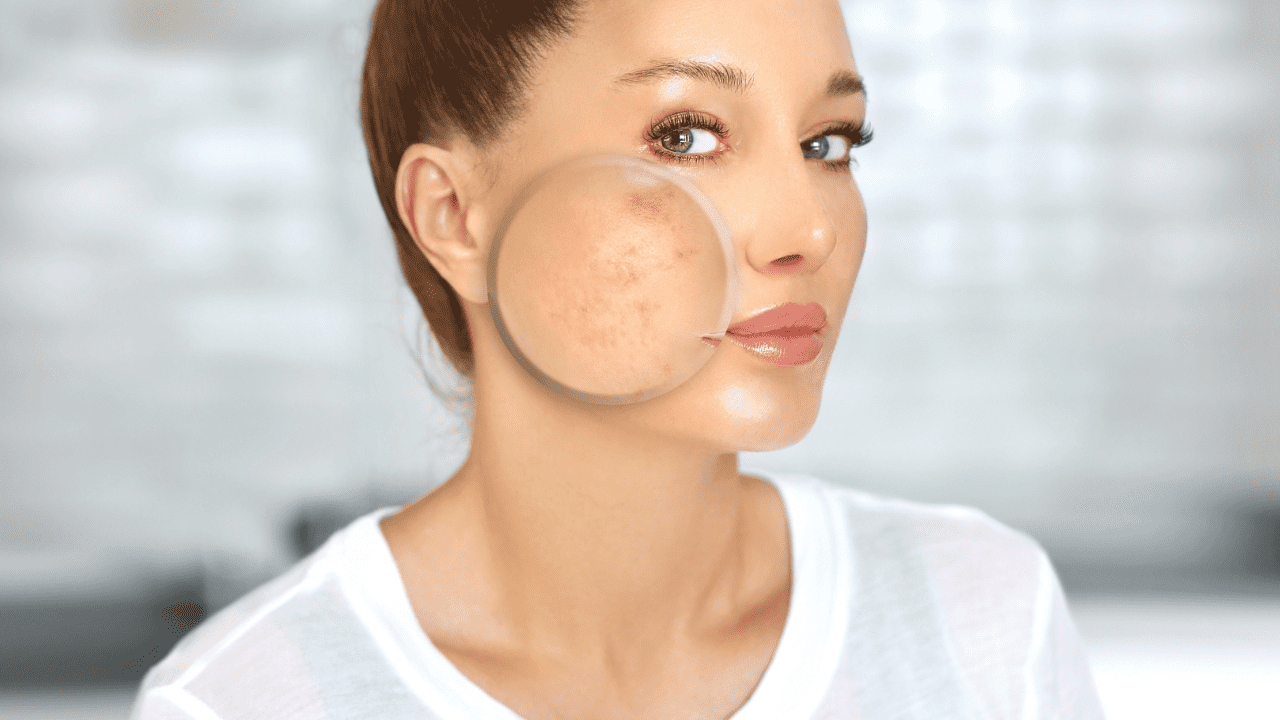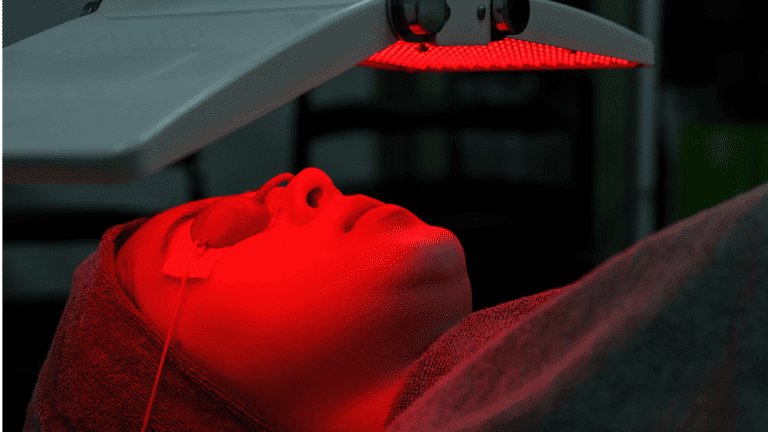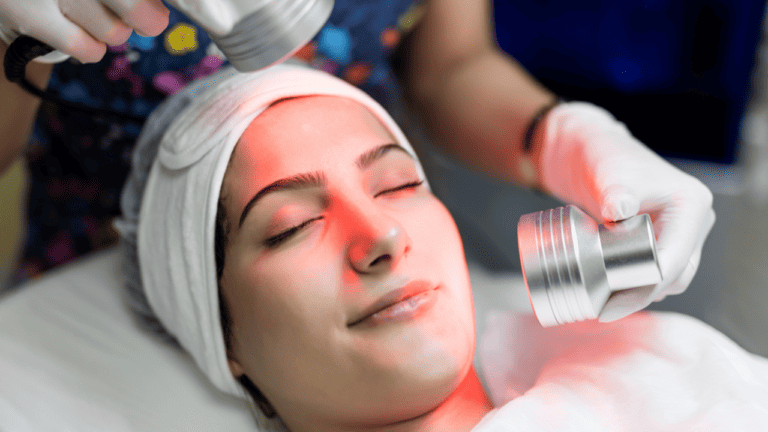Acne scars are a common skin condition that can affect people of all ages. While many people believe that acne scars will improve over time, some individuals may find that their acne scars are getting worse with age. This can be frustrating and may cause individuals to feel self-conscious about their appearance.
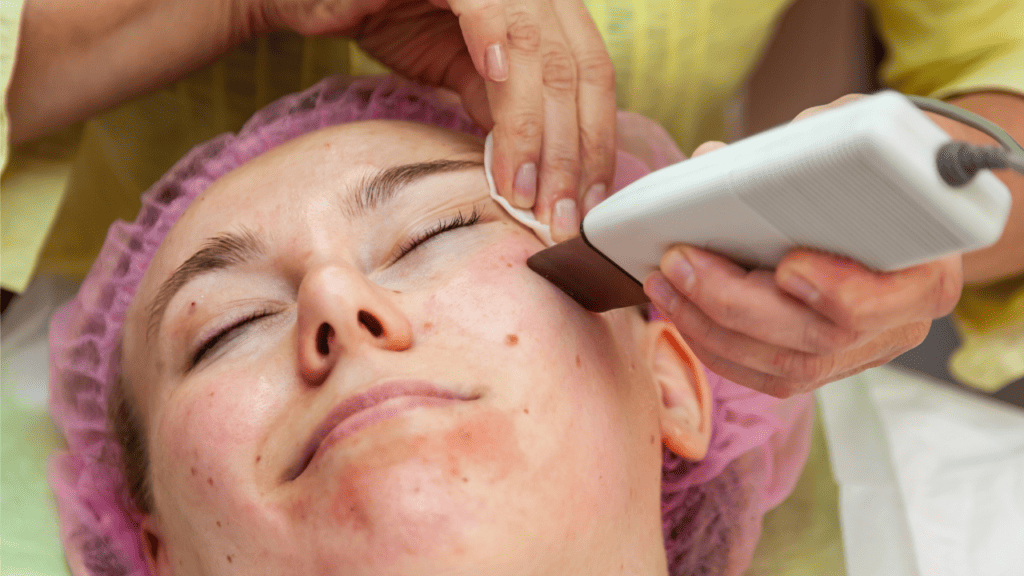
There are several factors that can contribute to worsening acne scars over time. These include a decrease in collagen production, changes in hormone levels, and exposure to environmental toxins. Understanding these factors can help individuals take steps to prevent further damage to their skin and improve the appearance of their acne scars.
In this article, we will explore why acne scars can get worse with age, as well as the factors that contribute to this process. We will also discuss preventive measures and treatments that can help individuals reduce the appearance of their acne scars and improve the overall health of their skin.
Key Takeaways
- Acne scars can get worse with age due to factors such as a decrease in collagen production, changes in hormone levels, and exposure to environmental toxins.
- Preventive measures, such as avoiding sun exposure and using gentle skincare products, can help reduce the appearance of acne scars over time.
- Treatments such as laser therapy, chemical peels, and microneedling may also be effective in improving the appearance of acne scars.
Understanding Acne Scarring
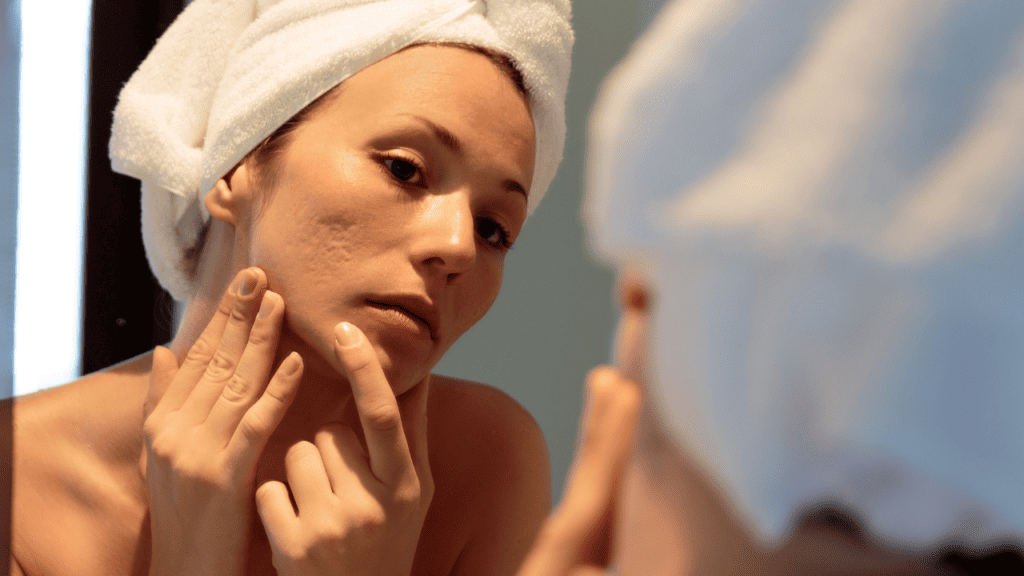
Acne scarring is a common skin condition that occurs when acne lesions, such as pimples, cysts, or nodules, heal and leave behind permanent scars. Acne scars can be classified into different types, depending on their appearance and underlying cause. In general, acne scars can be atrophic or hypertrophic, and they can be further subdivided into boxcar scars, rolling scars, icepick scars, and keloid scars.
Types of Acne Scars
Atrophic scars are the most common type of acne scars, and they occur when the skin loses collagen during the healing process. Boxcar scars are wide and shallow, with sharply defined edges, while rolling scars are broad and shallow, with a wavy appearance. Icepick scars are deep and narrow, with a V-shaped appearance, while keloid scars are raised and thick, extending beyond the boundaries of the original injury.
Causes of Acne Scar Deterioration
Acne scars can deteriorate over time due to a variety of factors, including genetics, hormones, inflammation, and skin care. Genetics play a role in determining the severity and type of acne scars, as well as the rate of collagen production and degradation. Hormones, such as androgens, can stimulate the sebaceous glands and increase the risk of acne, which can lead to more severe scarring. Inflammation can also exacerbate acne and acne scars, as it can impair the healing process and lead to further tissue damage. Finally, improper skin care, such as picking at acne lesions or using harsh products, can worsen acne and acne scars.
Role of Aging in Acne Scars
Aging can also play a role in the deterioration of acne scars. As the skin ages, it loses collagen and elastin, which can make it thinner and less elastic. This can cause atrophic scars to become more pronounced, as the skin is less able to fill in the depressions left by the scars. Additionally, aging can lead to the development of post-inflammatory hyperpigmentation, which can make acne scars appear darker and more noticeable.
Factors That Worsen Acne Scars Over Time

Acne scars can worsen over time due to various factors. Understanding these factors can help individuals take steps to prevent further damage. Here are some of the factors that can worsen acne scars over time:
Sun Exposure and Acne Scars
Sun exposure is one of the primary factors that can worsen acne scars over time. Exposure to ultraviolet (UV) radiation can cause hyperpigmentation, which can make acne scars more noticeable. It can also cause collagen breakdown, which can make scars appear deeper.
To prevent further damage, individuals with acne scars should use sunscreen with a minimum SPF of 30 and avoid prolonged sun exposure. Wearing protective clothing, such as hats and long-sleeved shirts, can also help minimize sun damage.
Lifestyle and Environmental Factors
Lifestyle and environmental factors can also play a role in worsening acne scars over time. Stress can cause inflammation, which can make scars more noticeable. A poor diet lacking in essential nutrients can also slow down the skin’s healing process.
Environmental factors such as pollution and smoking can also contribute to collagen breakdown, making scars appear worse. To prevent further damage, individuals should aim to reduce stress levels, eat a balanced diet, and avoid smoking and exposure to pollution.
Hormonal Changes and Acne Scars
Hormonal changes can also worsen acne scars over time. Pregnancy, menopause, and other hormonal imbalances can cause acne breakouts and make scars more noticeable. Hormonal fluctuations can also affect collagen production, making scars appear deeper.
To prevent further damage, individuals should consult a healthcare provider to manage hormonal imbalances. They can also use skincare products that contain ingredients such as retinoids, which can help stimulate collagen production and improve the appearance of scars.
In conclusion, several factors can worsen acne scars over time. By taking steps to prevent further damage, individuals can improve the appearance of scars and boost their self-confidence.
Preventive Measures and Treatments

Acne scars can worsen with age, but there are several preventive measures and treatments that can help reduce their appearance. A combination of daily skin care and clinical treatments can help prevent acne scars from getting worse.
Daily Skin Care for Acne-Prone Skin
Daily skin care is essential for preventing acne scars from getting worse. Dermatologists recommend using a gentle cleanser that is noncomedogenic, meaning it won’t clog pores. Salicylic acid and retinoids are common ingredients found in cleansers that can help unclog pores and prevent acne.
It’s also important to avoid picking at pimples, as this can lead to scarring. Using oil-free moisturizers and sunscreens can also help prevent hyperpigmentation and further damage to the skin.
Clinical Treatments for Acne Scars
For those with severe acne scars, clinical treatments may be necessary. Laser therapy and chemical peels are common treatments that can help reduce the appearance of scars. Collagen injections and corticosteroids can also help smooth out scars and improve skin texture.
Emerging Therapies and Research
Emerging therapies and research are constantly being developed to improve the treatment of acne scars. Microneedling is a newer treatment that involves using a device to create tiny punctures in the skin, which can stimulate collagen production and improve skin texture. Surgery, fillers, and dermabrasion are also options for those with severe scarring.
Medications such as spironolactone, isotretinoin, tretinoin, and azelaic acid can also help prevent acne and reduce the risk of scarring. However, it’s important to consult with a dermatologist before starting any new medication.
Overall, preventing acne scars from getting worse requires a combination of daily skin care and clinical treatments. With the right approach, it’s possible to reduce the appearance of scars and improve skin texture.
Frequently Asked Questions
What causes acne scars to appear more prominent over time?
Acne scars can appear more prominent over time due to a variety of factors. One of the main reasons is the natural aging process, which causes the skin to lose collagen and elastin, leading to a loss of volume and elasticity. This can make acne scars look deeper and more pronounced. Additionally, exposure to UV rays from the sun can cause hyperpigmentation, making acne scars appear darker and more noticeable.
Can certain lifestyle factors exacerbate the appearance of acne scars?
Yes, certain lifestyle factors can exacerbate the appearance of acne scars. For example, smoking can decrease blood flow to the skin, which can slow down the healing process and make scars more noticeable. Additionally, a diet high in processed foods and sugar can lead to inflammation, which can worsen the appearance of acne scars. Finally, not getting enough sleep can also contribute to the appearance of acne scars, as lack of sleep can lead to increased stress levels and inflammation.
What are the most effective treatments for reducing the visibility of old acne scars?
There are several treatments that can help reduce the visibility of old acne scars. One of the most effective is laser therapy, which uses focused light to stimulate collagen production and improve the appearance of scars. Another option is microneedling, which uses tiny needles to create micro-injuries in the skin, triggering the body’s natural healing response and promoting collagen production. Chemical peels and dermabrasion can also be effective in reducing the visibility of acne scars by removing the top layer of skin and promoting new skin growth. Finally, topical treatments such as retinoids and vitamin C can help improve the appearance of acne scars by promoting cell turnover and collagen production.
